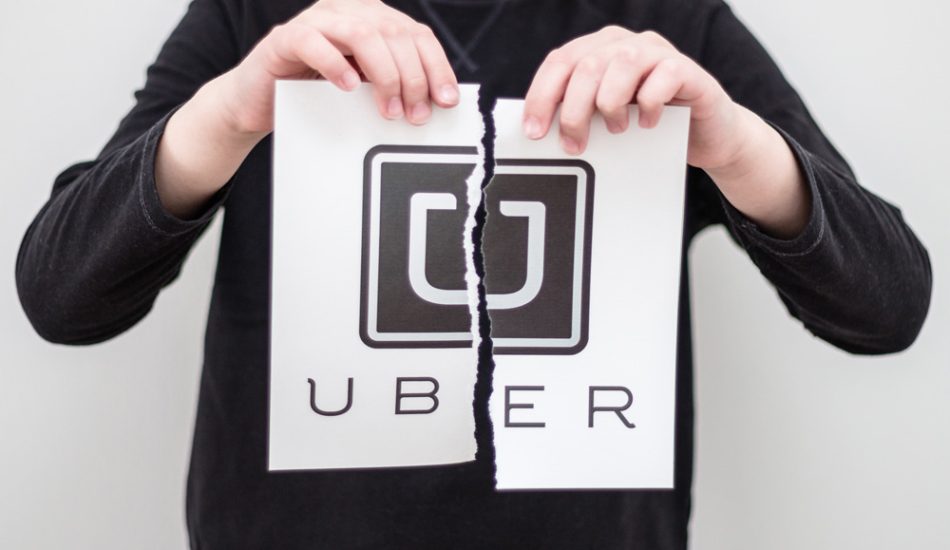No Fees Unless We Win
Uber Settlement

Uber is the poster-child of what some people call the “gig” economy – where workers are classified as independent contractors instead of employees, technically making them self-employed. Many Uber drivers are unsatisfied with this arrangement. After paying for their own cars and their own gas, they can make little real money. Moreover, they are wholly at the mercy of Uber in terms of the rates charged and other important issues. So many Uber drivers have filed lawsuits – many of them as class actions.
The first of these cases recently reached a much-publicized tentative settlement. Under the terms of the settlement, Uber agrees to pay between $84 and $100 million. This sum may seem astronomical, but the money compensates as many as 385,000 drivers and possibly more. There is no clear answer as to how much individual drivers will see in terms of a monetary settlement. The lawyer representing the Uber drivers claims that drivers will each see a minimum of $1950. However, others have disputed that figure as too high.
In addition, the settlement provides for certain changes that may benefit drivers. Tipping will no longer be discouraged. It will be harder for Uber to terminate drivers. In particular, Uber will no longer be able to terminate drivers simply for turning down too many riders.
The settlement at this point is just a proposed settlement. It must be approved by the assigned U.S. District Court judge. Other Uber drivers, and their attorneys, will have the ability to object to the settlement. It will only become final if the judge is persuaded that it is fair and reasonable under the circumstances. Even then drivers will have the ability to opt-out of the settlement and pursue their own claims against Uber.
The settlement does not resolve whether Uber drivers are properly classified as independent contractors or legally must be treated as employees. That will still be a significant legal issue that Uber will face down the road. It is essentially guaranteed that other drivers will file further lawsuits against Uber down the road. At some point, courts – potentially even the US Supreme Court, will have to decide whether Uber drivers are, in fact, independent contractors.
If you are classified as an independent contractor – whether or not you work for Uber – and feel that you should be treated as an employee, please call our office for a consultation.
For more information about this topic, see these FAQs from the California Division of Labor Standards Enforcement (commonly called the Labor Board) and this fact sheet from the federal Department of Labor.
contact us
Receive Legal Help Today
* Required Field
"*" indicates required fields


